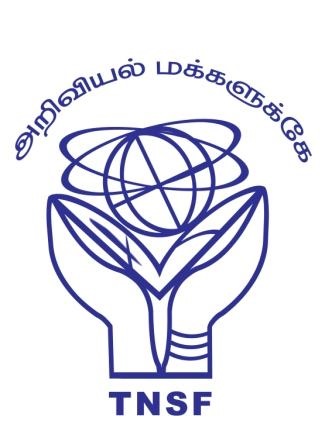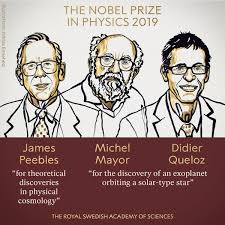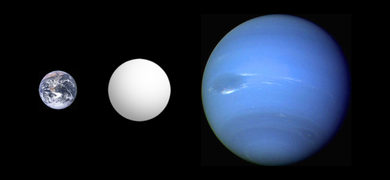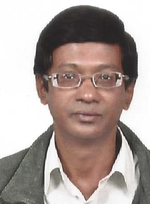About Program

This is part of its efforts to popularize science to the General Public and Students who are pursuing science as their career. TNSF attempt to focus on students on higher science as everyone knows
that learning of science at college within the curriculum is not enough to acquire holistic knowledge of science at the appropriate time. Hence, to fill the gap between what students are acquiring through the curriculum and what
it is required, TNSF is planning its activities on higher science to students who are pursuing higher education

The Nobel Prize in Physics 2019 was awarded "for contributions to our understanding of the evolution of the universe and Earth's place in the cosmos" with one half to James Peebles "for theoretical discoveries in physical cosmology", the other half jointly to Michel Mayor and Didier Queloz "for the discovery of an exoplanet orbiting a solar-type star."

The search for Extra-solar planets (popularly known as Exoplanets) was professionally initiated by Captain William Stephen Jacob, the then director of Madras Observatory in 1855 and finally Michel Mayor and Didier Queloz of Geneva Observatory discovered the first confirmed planets outside the Solar system for which they are awarded the Nobel Prize. We shall also describe that the ultimate aim of this field is to answer if life exists beyond the Earth and the current status towards achieving an answer to the eternal curiosity of mankind "Are we alone?"

